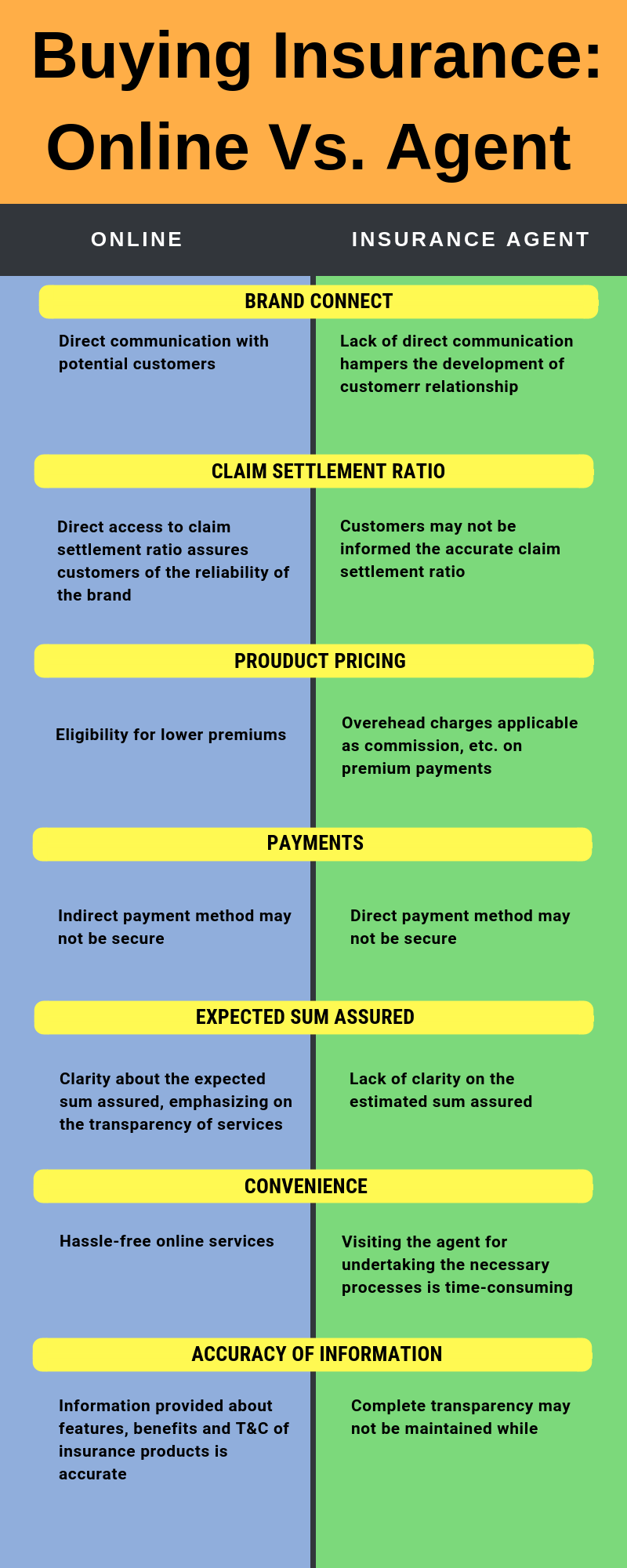Here's what you can expect to make at each level, assuming you are at among the leading financial investment banks (i. e. Goldman Sachs, Morgan Stanley, J.P. Morgan): Investment Banking Analysts are typically 21-24 years of ages with a Bachelor's degree from a top university. Banks hire experts right out of undergraduate programs.
The settlement is generally structured in the type of a signing bonus + base pay + year-end bonus offer. Leading experts work for 2-3 years and then get promoted to Partner. Financial Investment Banking Associates are typically 25-30 years of ages. They're either promoted from Experts or MBAs employed from business schools. Associates are responsible for managing Experts and checking Analysts' work.
Top performing Associates generally work for 3-4 years and then get promoted to Vice President. Financial Investment Banking Vice Presidents are practically constantly those who have previous investment banking Expert or Associate experiences. They're normally 28-35 years old. They are accountable for overseeing the work streams, analyzing what work is required to be done and ensuring they're done properly and on time by the Experts and Partners. By and big, ending up being a bank branch supervisor or loan officer does not need an MBA (though a four-year degree is commonly a requirement). Also, the hours are regular, the travel is minimal and the everyday pressure is much less intense. In regards to attainability, these tasks score well. Wall Street workers can generally be categorized into three groups - those who mainly work behind the scenes to keep the operation running (including compliance officers, IT specialists, supervisors and so forth), those who actively supply financial services on a commission basis and those who are paid on more of a wage plus perk structure.
Compliance officers and Find more info IT managers can easily make anywhere from $54,000 into the low 6 figures, once again, typically without top-flight MBAs, however these are tasks that need years of experience. The hours are usually not as great as in the non-Wall Street economic sector and the pressure can be intense (pity the bad IT professional if a crucial trading system goes down).
The 20-Second Trick For Scratch Finance How To Make Money
In openlearning.com/u/renea-qfoc18/blog/TheSingleStrategyToUseForHowDo0FinanceCompaniesMakeMoney/ a lot of cases there is an element of reality to the pitches that recruiters/hiring supervisors will make to prospects - the revenues capacity is restricted only by capability and willingness to work. The biggest group of commission-earners on Wall Street is stock brokers. A good broker with a top quality contact list at a strong company can easily earn over $100,000 a year (and in some cases into the countless dollars), in a job where the broker practically decides the hours that he or she will work (how much money does a person in finance make at wells fargo).
But there's a catch. Although brokerages will often help brand-new brokers by providing starter accounts and contact lists, and paying them a salary at first, that income is subtracted from commissions and there are no assurances of success. While those brokers who can combine excellent marketing skills with strong monetary suggestions can earn impressive amounts, brokers who can't do both (or either) might discover themselves out of work in a month or 2, and even required to repay the "salary" that the brokerage advanced to them if they didn't earn enough in commissions.

In this category are those ultra-earners who can bring home millions (or even billions) in the fattest of the excellent years. A common theme across these tasks is that the annual rewards make up a large (if not commanding) proportion of a total year's compensation - how to make money in personal finance. An annual salary of $50,000 to $100,000 (or more) is barely hunger wages, however bonuses for sell-side analysts, sales associates and traders can go into the seven figures.
When it boils down to it, sell-side junior experts often make in between $50,000 and $100,000 (and more at bigger firms), while the senior analysts often routinely take home $200,000 or more. Buy-side experts tend to have less year-to-year irregularity. Traders and sales representatives can make more - closer to $200,000 - however their base pay are typically smaller, they can see considerable yearly irregularity and they are among the first workers to be fired when times get hard or efficiency isn't up to snuff.
The Single Strategy To Use For How Much Money Do You Make As A Finance Major
Wall Street's highest-paid workers frequently had to prove themselves by entering (and through) top-flight universities and MBA programs, and then showing themselves by working ridiculous hours under requiring conditions. What's more, today's hero is tomorrow's zero - fat salaries (and the tasks themselves) can disappear in a flash if the next year's performance is poor.
Finance tasks are a terrific method to rake in the huge dollars. That's the stereotype, at least. It is real that there's cash to be made in finance. But which positions truly make the most cash? In order to discover, LinkedIn supplied Service Expert with data collected through the site's salary tool, which asks verified members to submit their income and collects data on wages.

C-suite titles were nixed from the search. how to make money blogging on finance. LinkedIn calculated average base pay, in addition to median overall wages, which included additional settlement like yearly bonuses, sign-on benefits, stock alternatives, and commission. Unsurprisingly, most of the gigs that made the cut were senior functions. These 15 positions all make a mean base income of a minimum of $100,000 a year.